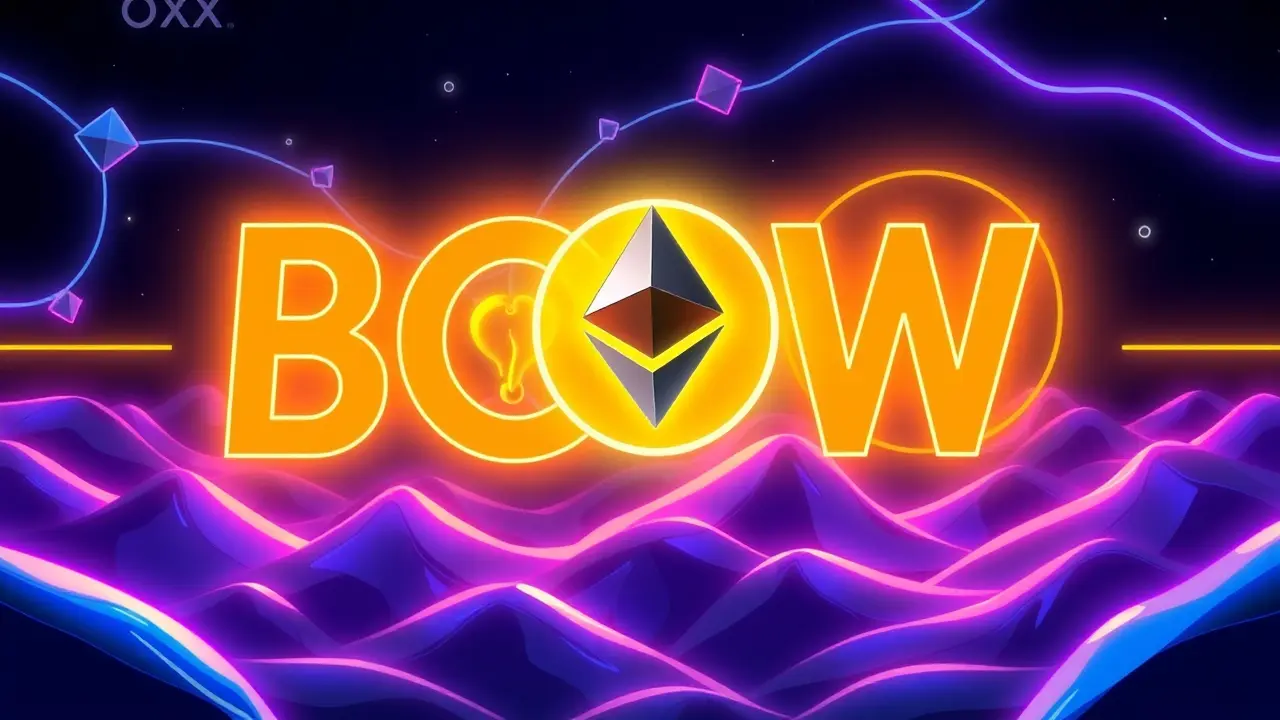- News
- defi
- Tornado Cash users can now maintain anonymity without ‘helping the hackers’ by using new 0xbow blacklist
Tornado Cash users can now maintain anonymity without ‘helping the hackers’ by using new 0xbow blacklist
In a development that feels like a long-awaited answer to a community-wide prayer, the team behind Privacy Pools, 0xBow, is launching a revolutionary tool designed to restore both privacy and legitimacy to the beleaguered users of Tornado Cash. For those who have been following the turbulent saga of privacy in the Ethereum ecosystem, this isn't just another protocol update; it's a fundamental shift in the very philosophy of anonymous transactions, a clever cryptographic maneuver that could finally allow users to prove their funds are clean without having to expose their entire financial history to the world.The core innovation here is a new blacklist function that enables users to dissociate their funds from illicit activity, effectively creating a cryptographic proof that their specific deposit does not originate from a sanctioned or hacked address. Imagine it as a sort of VIP pass for your crypto, a way to demonstrate you're not with the 'help the hackers' crowd without having to strip naked at the financial security checkpoint.This addresses the central paradox that has haunted Tornado Cash since the U. S.Treasury's Office of Foreign Assets Control (OFAC) sanctioned its smart contracts: how do you preserve the fundamental human right to financial privacy while simultaneously ensuring you aren't abetting North Korean hackers or ransomware gangs? The old system was a blunt instrument, tainting everyone who used the service. This new tool, by leveraging advanced zero-knowledge cryptography, is a precision scalpel.It allows for what developers call 'association sets,' where users can voluntarily choose to exclude known malicious addresses from the pool of funds they are cryptographically linked to. The implications are profound, touching on everything from the technical minutiae of smart contract design to the grand, sweeping debates about regulation and individual sovereignty in the digital age.Vitalik Buterin himself has co-authored papers exploring this very concept, arguing that such privacy-preserving compliance mechanisms are essential for the future of a mature crypto-economy. He envisions a world where the blockchain's transparency is a feature, not a bug, but where individuals can still control their own data.This 0xBow tool is a significant step towards materializing that vision, a practical implementation of academic theory that could serve as a blueprint for future DeFi protocols. It demonstrates that the ecosystem can self-regulate and innovate its way out of regulatory gridlock, creating solutions that satisfy both the letter of the law and the spirit of crypto-anarchism.For the average DeFi user, this could mean a return to using privacy tools without the constant, low-grade anxiety of potentially violating sanctions or having funds frozen on centralized exchanges. For developers, it opens up a new design space for 'compliant privacy,' a once-oxymoronic term that may now become a standard industry practice.Of course, challenges remain. The effectiveness of such a system hinges on the accuracy and timeliness of the blacklists themselves.Who curates them? How are they updated in real-time as new hacks occur? There's a governance question here that the community will need to solve, potentially through decentralized autonomous organizations (DAOs) or other community-led mechanisms. Furthermore, regulators will be watching closely.Will they see this as a good-faith effort to combat illicit finance, or as a more sophisticated attempt to circumvent their authority? The coming months will be a critical test, not just for 0xBow and Privacy Pools, but for the entire premise of building a decentralized financial system that can coexist with the traditional world. This is more than a feature launch; it's a statement.It's the crypto community declaring that it will not abandon its core values of privacy and permissionless innovation, but that it is mature enough to build the necessary guardrails itself. It's a move from defiance to sophisticated problem-solving, and it might just be the key that unlocks the next chapter of mainstream DeFi adoption.
It’s quiet here...Start the conversation by leaving the first comment.
